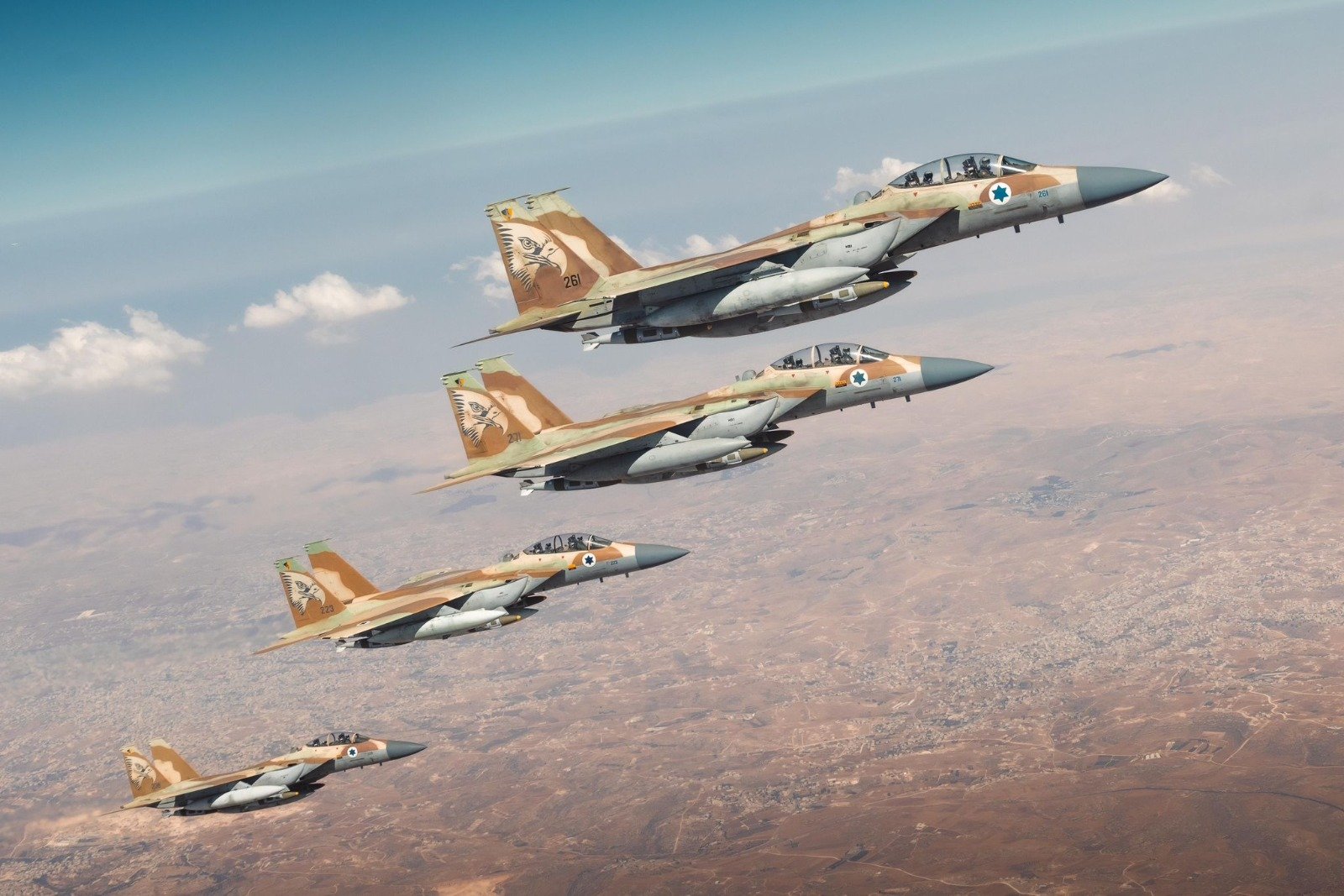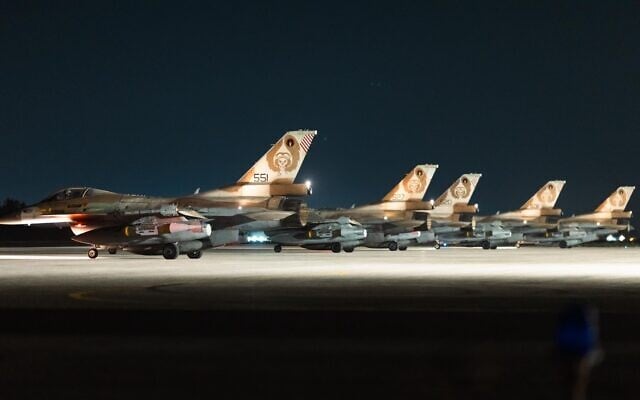



An Israeli fighter jet approaching Tehran amid the 12-day war with Iran last month suffered a fuel tank malfunction that almost forced it to stage an emergency landing in Iran, Channel 12 reported on Saturday, for the first time.
The pilot of the F-15 fighter jet first noticed that there was an issue with the fuel tank when he was already deep inside Iran’s borders, the report said, and alerted the necessary people to the problem in real time.
As no aerial refueling craft had been accompanying the fighter jets on the mission, a plan was drawn up to dispatch one to resolve the problem, Channel 12 said.
At the same time, a second plan was drafted in case the refueling craft failed to reach the malfunctioning fighter jet in time. In this instance, the jet was to cross the border and make an emergency landing in a neighboring country, to avoid the risk of having to make the landing inside the Islamic Republic.
The report did not identify which country was selected for the emergency landing.
Ultimately, the refueling craft made it in time and was able to resolve he issue, without the pilot being required to pull out of the mission and land elsewhere.
The report said that the mission was carried out successfully, without any additional issues.
According to Channel 12, prior to the start of Israel’s surprise attack on Iran on June 13, which launched the 12-day war, Israeli Air Force commander Tomer Bar had presented an estimate in “internal forums” that as 10 Israeli planes could be downed within the first 72 hours of the attack.
His estimate was proven wrong, however, and no Israeli planes were downed throughout the war, despite Iranian state media claiming at one point that the country’s forces down to Israeli fighter jets and captured a pilot.
The claim was dismissed by the IDF’s Arabic-language spokesman, Col. Avichay Adraee, as “fake” and “completely baseless.
Israel said its sweeping assault on Iran’s top military leaders, nuclear scientists, uranium enrichment sites, and ballistic missile program was necessary to prevent the Islamic Republic from realizing its avowed plan to destroy the Jewish state.
Iran has consistently denied seeking to acquire nuclear weapons. However, it enriched uranium to levels that have no peaceful application, obstructed international inspectors from checking its nuclear facilities, and expanded its ballistic missile capabilities. Israel said it had recently taken steps toward weaponization.
Iran retaliated to Israel’s strikes by launching over 500 ballistic missiles and around 1,100 drones at Israel.
The attacks killed 28 people and wounded over 3,000 in Israel, according to health officials and hospitals.
In all, there were 36 missile impacts and one drone strike in populated areas, causing damage to 2,305 homes in 240 buildings, along with two universities and a hospital, and leaving over 13,000 Israelis displaced.

